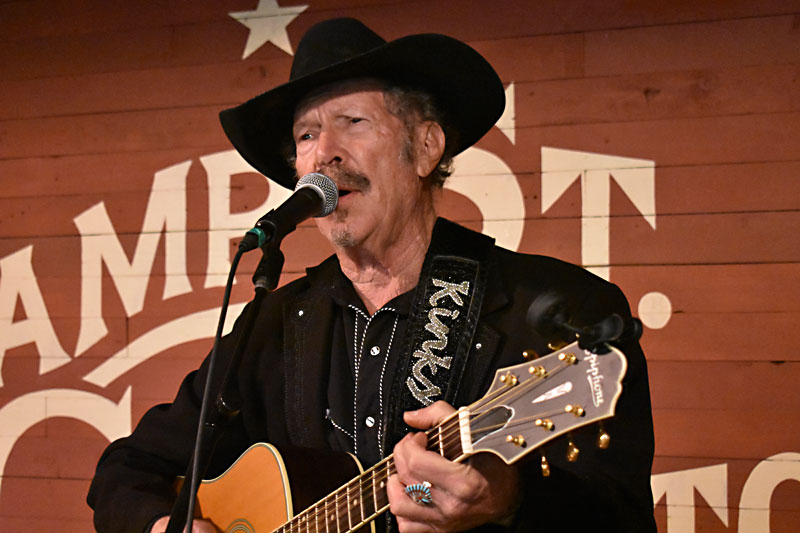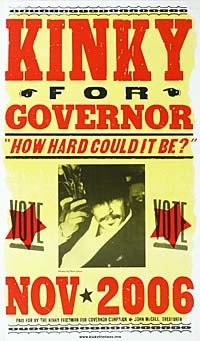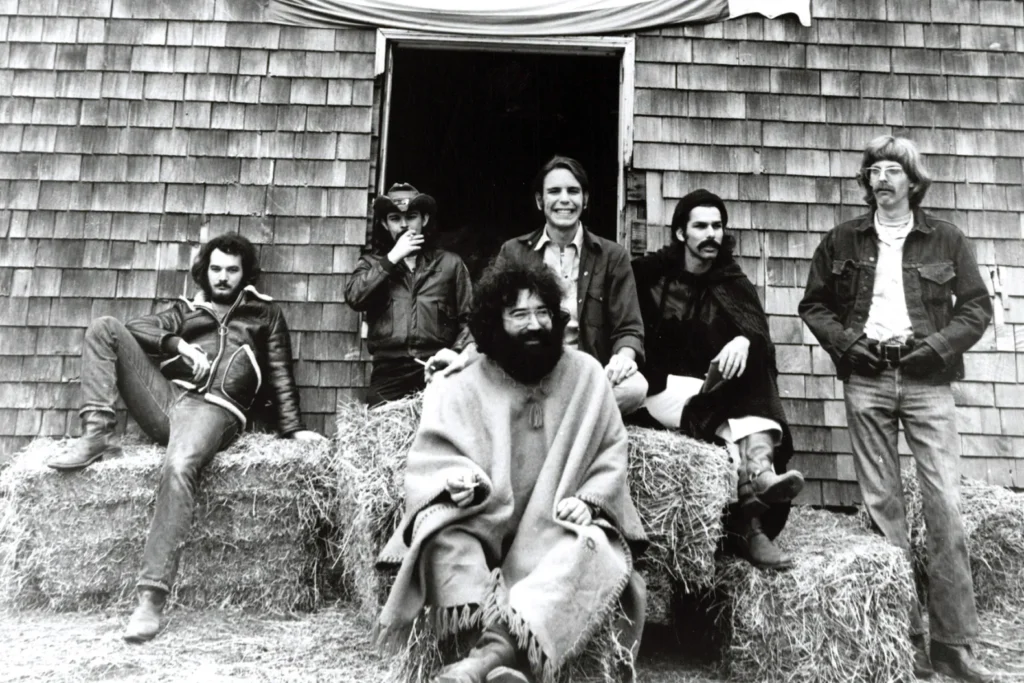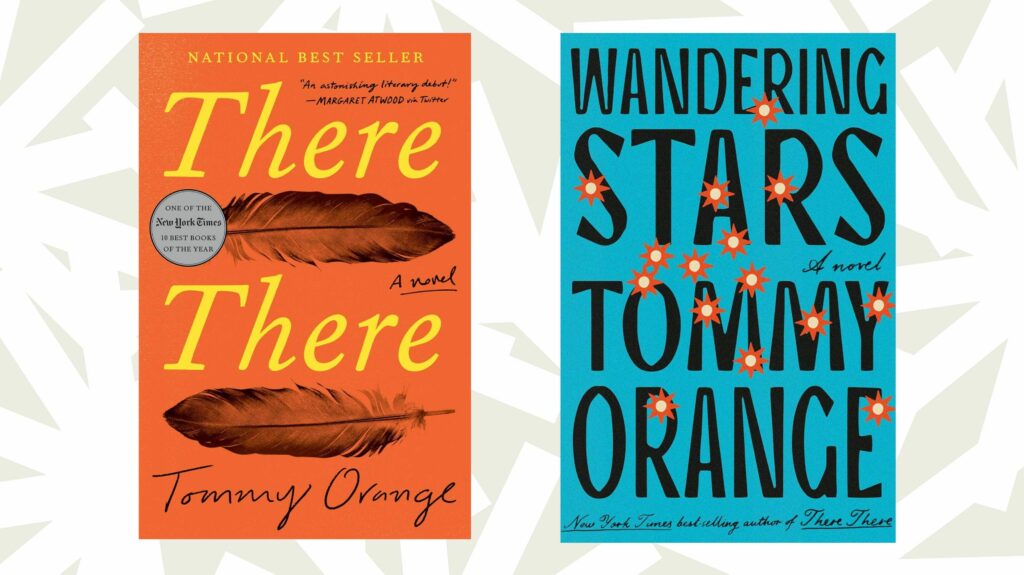 I mourn the passing of one of my pop culture heroes, the great Kinky Friedman, who passed on June 27.
I mourn the passing of one of my pop culture heroes, the great Kinky Friedman, who passed on June 27.
Nicknamed by a good friend in college for his curly hair, Kinky lived a productive and fulfilling life by his own rules. He’s best known for…well…being Kinky with a capital K. He was the outrageous provocateur who spoke truth to power. The scope of his life’s work was broad. A songwriter and musician first and foremost, he ran for political office, wrote popular novels, and did his best to do good in the world.
A true iconoclast, his great songwriting was overshadowed by his crude, outrageous and politically incorrect humor. He had no fear – a quality I feel is essential to the art of branding. He was comfortable in his own skin and did everything with a style and flair all his own.
His named his band “Kinky Friedman and the Texas Jewboys,” a spoof the Western swing band Bob Wills and the Texas Playboys who were popular in the 1930’s .
When I think of a target audience for any brand, I like to drill down to the people in the overall target who “really get you.” This exercise, ideally, demands self-understanding, first and foremost, in order to identify those like-minded people with whom you’ll truly resonate.
In the music business, as in most products and services, only a very few breakthrough acts are able to appeal to something that approaches a majority of people. Most are happy to carve out a niche of loyal fans who download their music from the web and show up for their live performances. Kinky obviously decided early on in his life that he didn’t care about 95%-99% of the population. He did just fine with his sliver of the pie.
His audience eagerly expected his outrageous comic persona and his trademark expressions, but always knew that they’d walk away from their latest encounter with the Kinkster with something new and meaningful, from silly jokes to expressing sharp societal observations. So, it was no surprise when his fan base gobbled up his detective novels that featured a character named Kinky Friedman, a Jew from Texas who chain smoked cigars, had pet cats and solved wacky crimes in New York City.
Kinky also ran for political office, winning 12 million votes in the 2006 Texas gubernatorial race, coming in fourth behind Rick Perry. Clearly, he appealed to people outside his fan base. But when you start as niche and consistently spout what many would consider blasphemy and outrage, the certainty of never winning over a majority of voters possibility of approaching a majority.
Still, he delighted his fans with a campaign slogan taken from Molly Ivins, the legendary Texas Monthly columnist. Thinking about the current governor at the time, one George W. Bush, Ivins said about the governorship, (If Bush) can do it, how hard can it be? So, “Kinky for Governor. How hard could it be?” became his tagline.
 Kinky went on to write a book about politics after losing the race for governor, cleverly titled (of course), “You Can Lead a Politician to Water but You Can’t Make Him Think.” The Amazon blurb demonstrates how the book is still relevant:
Kinky went on to write a book about politics after losing the race for governor, cleverly titled (of course), “You Can Lead a Politician to Water but You Can’t Make Him Think.” The Amazon blurb demonstrates how the book is still relevant:
If that 2006 election was any indication — and it was — the political landscape in both Texas and the country at large needs a significant overhaul. The hucksters, the wealthy, and the two-faced rule; there is no room for Truth, and the little guys are quickly forgotten in all the muck.
Like other great songwriters, Randy Newman and Warren Zevon come to mind, his songs expressed an unmistakable personal perspective, but were written from the point of view of characters who could be misanthropic, racist or misogynistic – all while being none of the above himself. So when he sings a song like “They ain’t making Jews like Jesus anymore,” he is not insulting Jesus or Christians – he’s crafting a story about a racist that rings true. It’s the character talking and it’s funny as hell.
Similarly, it would be easy to dismiss a song with a revolting title like “Ride ‘em Jewboy.” But it’s a deadly serious song about the holocaust that leverages a horrible racist slur to draw attention to its message.
But we also see evidence of Kinky’s genius in “serious” songs like “Sold American,” that’s been covered by Willie Nelson and Lyle Lovett among others. They were both big fans and friends of his. Bob Dylan was another admirer.
I was lucky to have a few personal encounters with Kinky.
Back in the late 70’s, while he was living in New York City, he had a standing gig every Sunday night at the Lone Star Cafe on 13th & 5th. I went about every other month for a year, and was always delighted by his longest that was half stand-up comedy and half musical entertainment. The stories and the one-liners flew faster than a Texas tornado.
He was still in his thirties when he declared one night that he was at a ver difficult age. “I’m not old enough for Medicare, but I’m too old for women to care.” One night he announced that a good friend of his was in the audience who was reticent to come on stage to “do a number” with him. He then literally dragged Robin Williams out of the crowd, who went on to deliver about 20 minutes of completely improvised, rapid fire comedy that had be laughing, weeping and gasping for breath he was so funny.
Another time, I ran into him at my one-time regular breakfast spot, the Rose Café in Venice. I timidly walked over, but rather than just saying hello and introducing myself, I mindlessly said, “Are you Kinky?” Probably not the best thing to say to a stranger, but he was, as expected a very nice, gracious man.
If you’re so inclined, read one of his wonderful detective novels, like “Elvis, Jesus and Coca Cola.” As described on Amazon: “Kinky Friedman is a Jewish Texan country-and-western singer turned Greenwich Village amateur detective, with a collection of smelly cigars, a cat, and two former—but simultaneous—girlfriends named Judy”). Certainly, listen to a few of his songs.

And don’t miss his obituary – it’s a great read.



